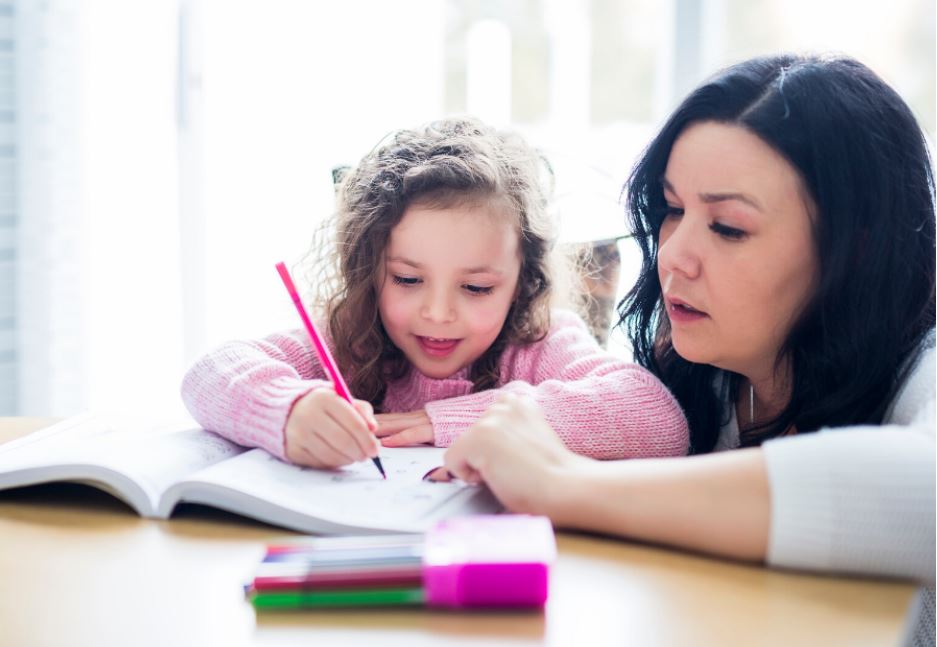LOCKDOWN KIDS & FOOD
Mar 29, 2020
Posted by: Monique Parker
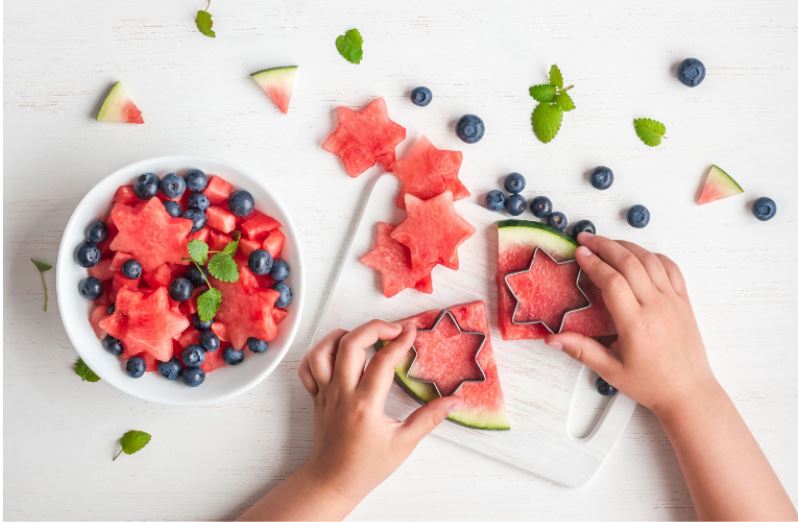
HOW ARE YOU COPING?
The first week of COVID-19 lockdown is almost finished and in the meantime we all had to adjust to a very different way of life. Who would have known that one day we would be spending that much time at home with our loved ones?
Being a mum myself, I understand how frustrating and draining it can be, having your offspring at home, trying to keep up with schoolwork, keeping them entertained and of course keeping them healthy and happy, while in the meantime you might even have to work from home yourself. A lot of patience, imagination and willpower is needed. But on the plus side, it is great to finally have plenty of time to engage with your children.
Luckily, we have the internet. Teachers have been teaching online, resources can be downloaded, and many different websites are giving lots of ideas to keep the children entertained. Thanks to Joe Wicks’s PE workout online, the nation’s kids can get their physical activity, and I’m sure there are many more fitness instructors, yoga teachers, dance teachers etc. that are providing videos online. And when it is time to wind down, there is always a film or DVD available.
And then there is FOOD….
A lot of children will normally have school dinners, so all of a sudden you have to provide three meals a day instead of two, day in day out. So, more food shopping and cooking for parents. And then there is the snacking…. I have heard from many parents that they can’t keep up with the snacks and are bending over backwards to get them from the shops. The phrase “Mum/Dad, I’m hungry” seems to be on repeat, the house has been invaded by ‘grazers’.
Being bored can trigger emotional eating. It often has nothing to do with being hungry.
Given the children are probably not as active as usual, they won’t have been building up an appetite. If they are less active than they normally are, which is probably the case for most children, they will need less calories than usual.
I know we are in a very unusual situation, but what I would say, is that continuously providing snacks is counterproductive. Yes, of course they’ll be happy for a while. But what happens if you give the kids a pack of chocolate chip cookies for instance?
Chocolate chip cookies are very high in carbohydrates.  All carbs are broken down into glucose, and all this glucose makes their blood sugar level rise sharply. This ‘sugar-spike’ triggers the release of a large amount of insulin, a hormone that helps their body use glucose for energy. The glucose is taken up by the body very quickly, causing a ‘sugar crash’. Their blood glucose level drops dramatically, leaving them tired, irritable and craving more sugar. Not exactly an ideal scenario.
All carbs are broken down into glucose, and all this glucose makes their blood sugar level rise sharply. This ‘sugar-spike’ triggers the release of a large amount of insulin, a hormone that helps their body use glucose for energy. The glucose is taken up by the body very quickly, causing a ‘sugar crash’. Their blood glucose level drops dramatically, leaving them tired, irritable and craving more sugar. Not exactly an ideal scenario.
TIPS FOR SNACKING
1. Get a small basket or bowl and fill it each morning with 5 snacks 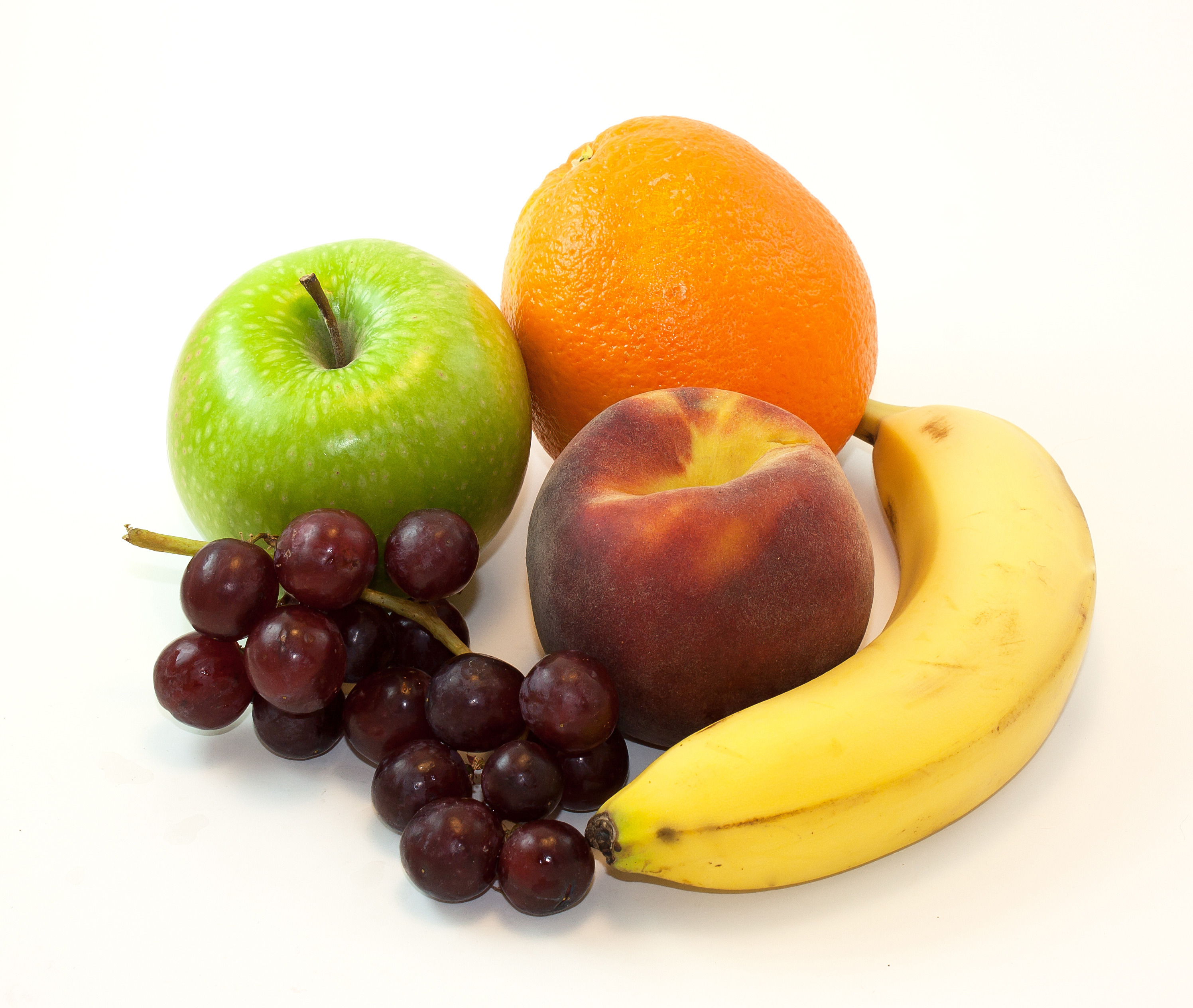 and tell the kids this is it for the day. When it’s gone, it’s gone and there are no more snacks that day: a banana or other piece of fruit, a little pack of chocolate buttons or something else they really enjoy, some popcorn or tortilla crisps, a mini Babybel or other cheese snack, little pack of raisins, pieces of pepper, cucumber or carrot, cherry tomatoes, a cooled hardboiled egg, nuts (if they are old enough and not intolerant), oatcakes, breakfast biscuits or anything else that is reasonably healthy.
and tell the kids this is it for the day. When it’s gone, it’s gone and there are no more snacks that day: a banana or other piece of fruit, a little pack of chocolate buttons or something else they really enjoy, some popcorn or tortilla crisps, a mini Babybel or other cheese snack, little pack of raisins, pieces of pepper, cucumber or carrot, cherry tomatoes, a cooled hardboiled egg, nuts (if they are old enough and not intolerant), oatcakes, breakfast biscuits or anything else that is reasonably healthy.
Of course, it depends on what you’re able to get and if your kids are old enough to understand. Fingers crossed there won’t be any tantrums and hopefully the children will get into the habit of this and look forward to their ‘snack basket’ every morning.
2. If, for any reason, you’re sure your children won’t be able to make the snack basket last long enough or if your child needs snacks to balance blood sugar levels, set ‘snack times’. They will have something to look forward to, midway between their mean meals. This might be an opportunity to learn or practice telling the time!
3. Make sure your kids have three good meals a day. This also counts for us adults. If we eat well three times a day, there is less temptation to snack or graze. Although children have smaller stomachs, a good meal is better than picking at their food and wanting snacks later because they’re hungry.
4. Try to let the children “snack” a little bit on the meal you’re preparing. When you’re chopping vegetables for a stir-fry for instance or fruits for a fruit salad.
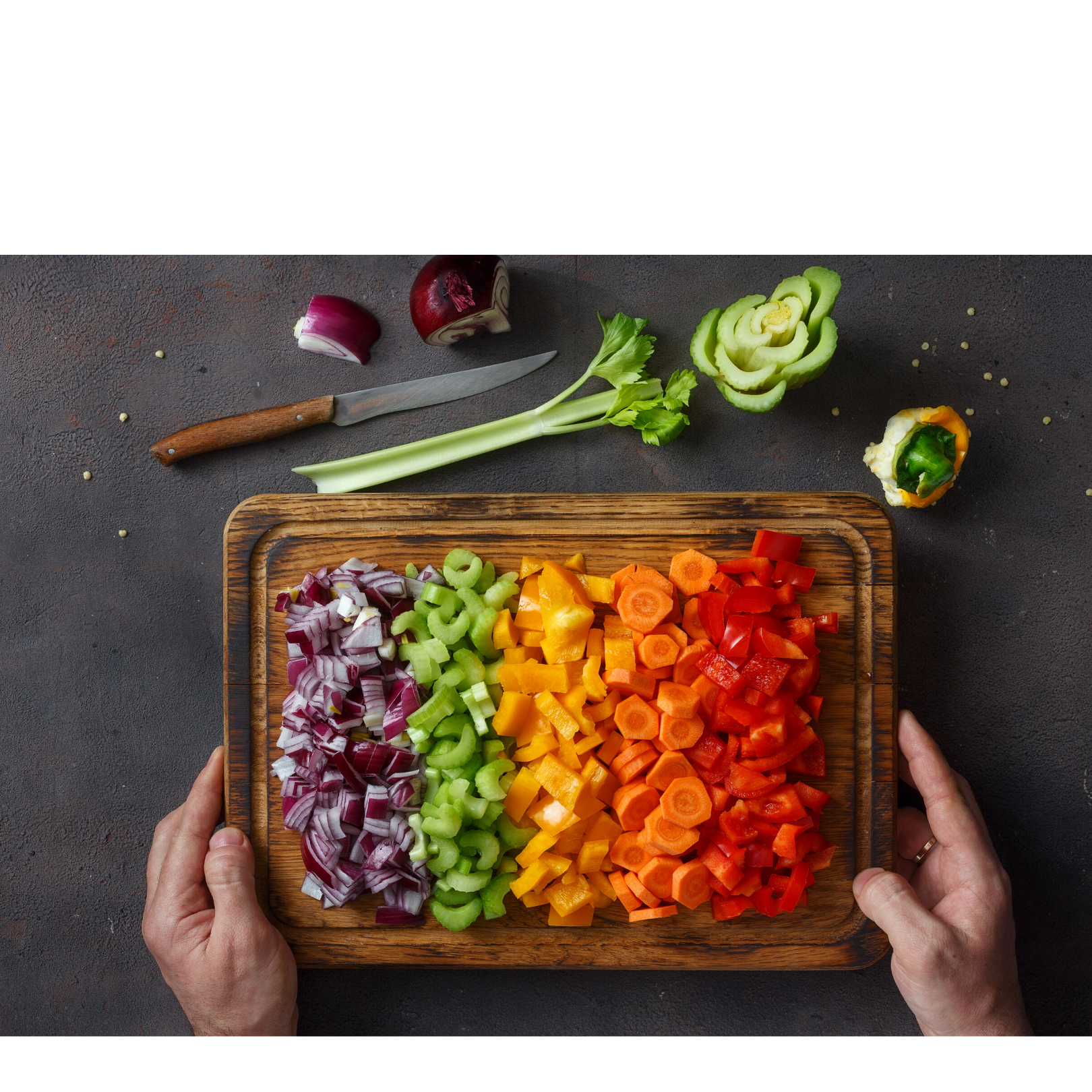
5. Make sure you keep the children busy. As mentioned before, boredom can trigger emotional eating.
6. Make sure the snacks include a drink to keep your child hydrated. Smoothies are a great, healthy snack that can include many healthy ingredients that will give your child energy and will keep them full. Yoghurt, milk, water, fruit, veggies, oats, nut butter... maybe your children can come up with a recipe themselves!
7. If you can slip in fruit and veg into the snacks, there won’t be that much pressure at mealtimes.
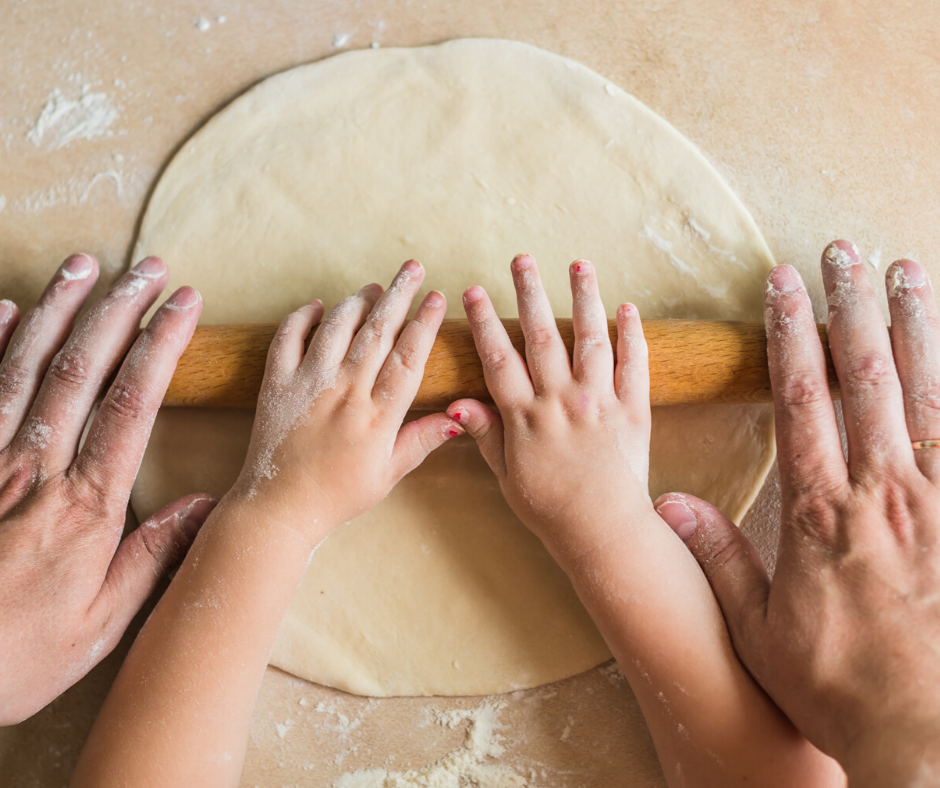
OTHER TIPS
1. Get the children involved in cooking. This is a great opportunity to teach our kids how to cook basic things, such as making a smoothie or making homemade pizza (obviously supervised by an adult). And of course, there is nothing more fun than baking cupcakes or muffins! Or maybe you can let the kids pick a recipe and watch how you’re cooking it.
You can also make an art activity out of cooking! Cut up some different colours fruit and veg and let the kids make a ‘painting’ with the ingredients on a big plate. And afterwards eat it of course.
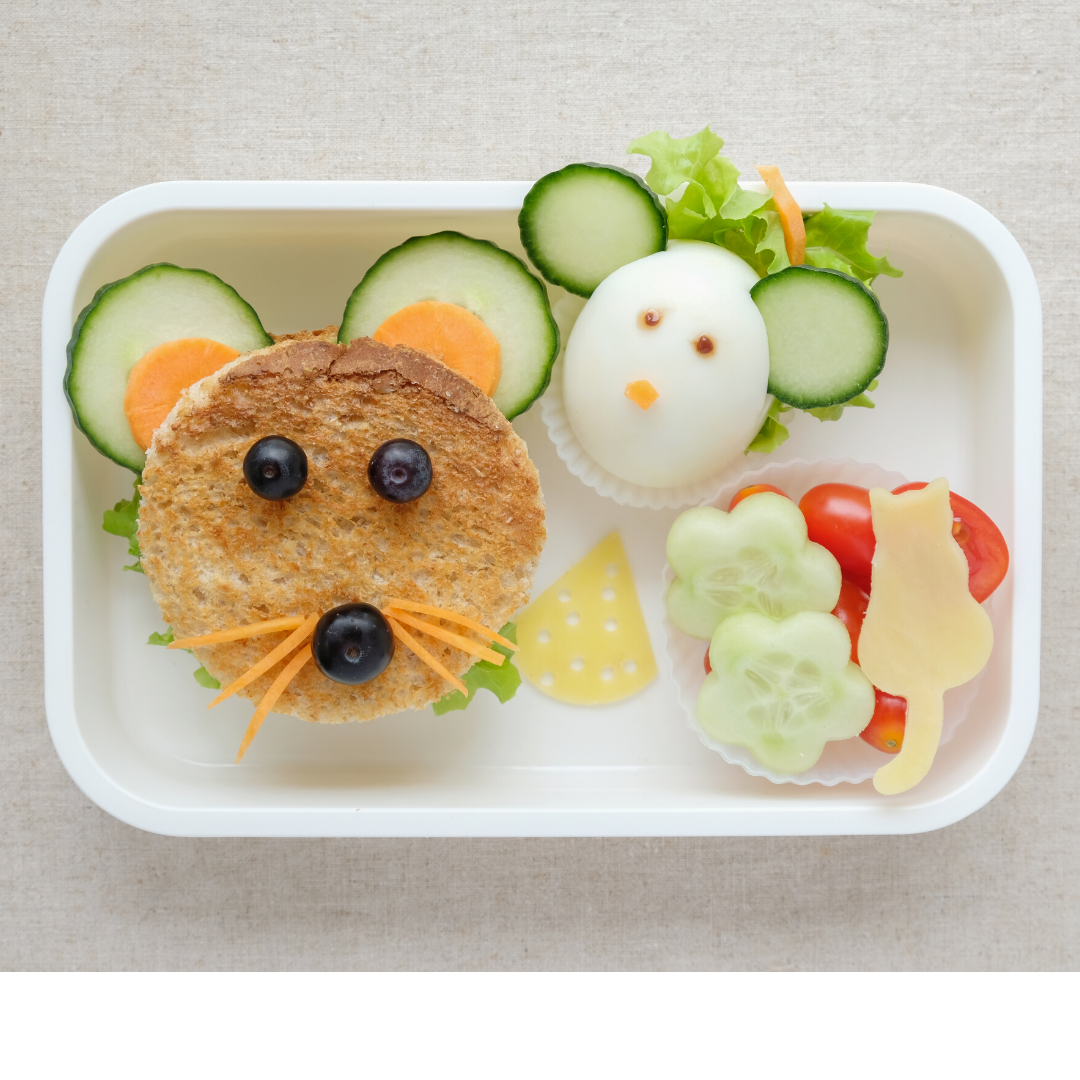
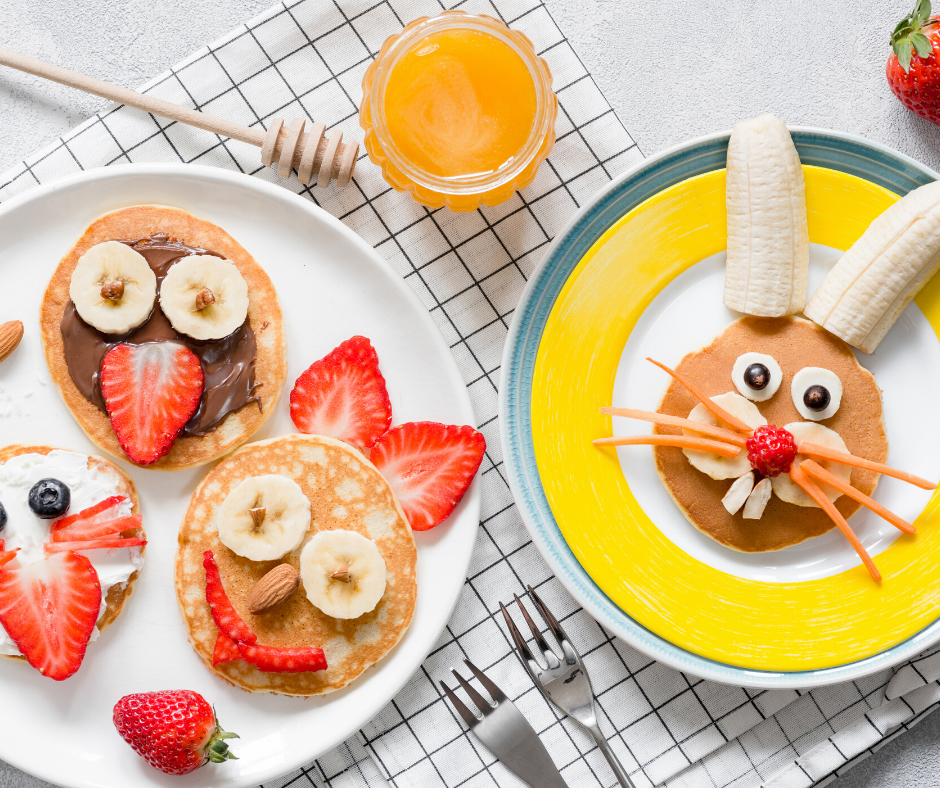
2. Make sure mealtime is relaxed and try to sit down at the table as a family if possible. We are a lot more mindful of what we’re eating if we sit down at the table instead of having a plate on our lap. And it is a great way to strengthen relationships as a family, by spending quality time that is often scarce because of work and other obligations.
3. Try to slow down the eating. If you wolf your meal down, your brain hasn’t had the signal yet that you’re full and you will eat more than you need. Taking your time to eat is also much better for your digestive system, plus it also makes you more aware of what foods really taste like.
A great experiment to do with kids is the bread test. Give your kids a small piece of bread and make them chew it until it tastes sweet. Amylase, an enzyme in the saliva, breaks down the carbohydrates of the bread into sugars, hence the sweet taste.
4. Make a compost bin for the garden 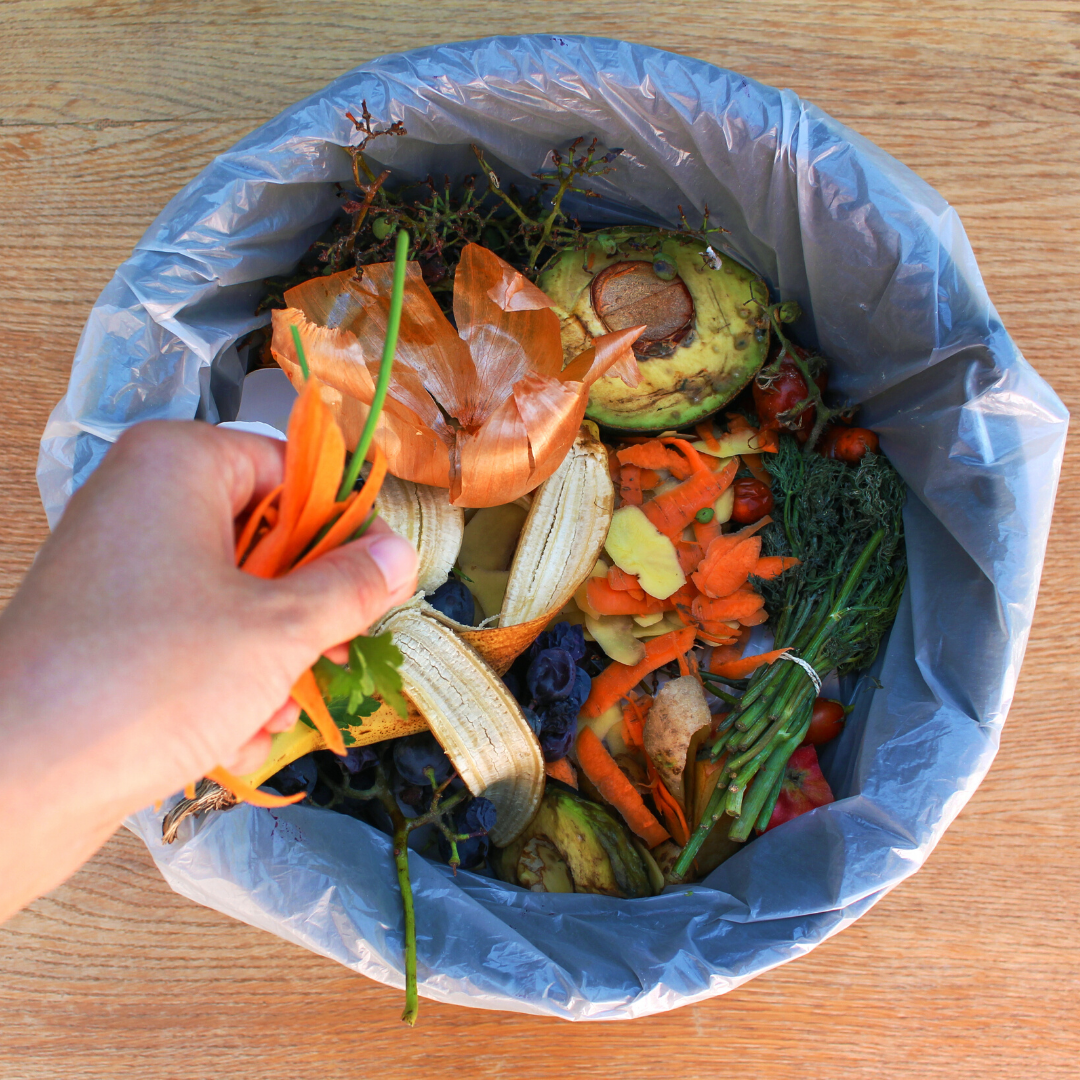 with the children and make them collect food waste to fill up the bin, instead of throwing it away. Here is an example http://www.planitdiy.com/inspiration/in-kids/a-compost-bin-project-for-the-kids/
with the children and make them collect food waste to fill up the bin, instead of throwing it away. Here is an example http://www.planitdiy.com/inspiration/in-kids/a-compost-bin-project-for-the-kids/
5. Start growing some vegetables and herbs on your balcony or in your garden with the kids. Get some seeds and grow your own cherry tomatoes, cress, radishes etc.
6. Stop worrying about picky eaters, every child goes through an eating phase.
Look at the total food intake of your child over a few weeks or a month instead of getting worried over what exactly is being eaten in each meal or each day. If you’re continuously worrying and nagging about food, your child will soon pick up on your stress and anxiety over food, and eating will turn into an emotional minefield.
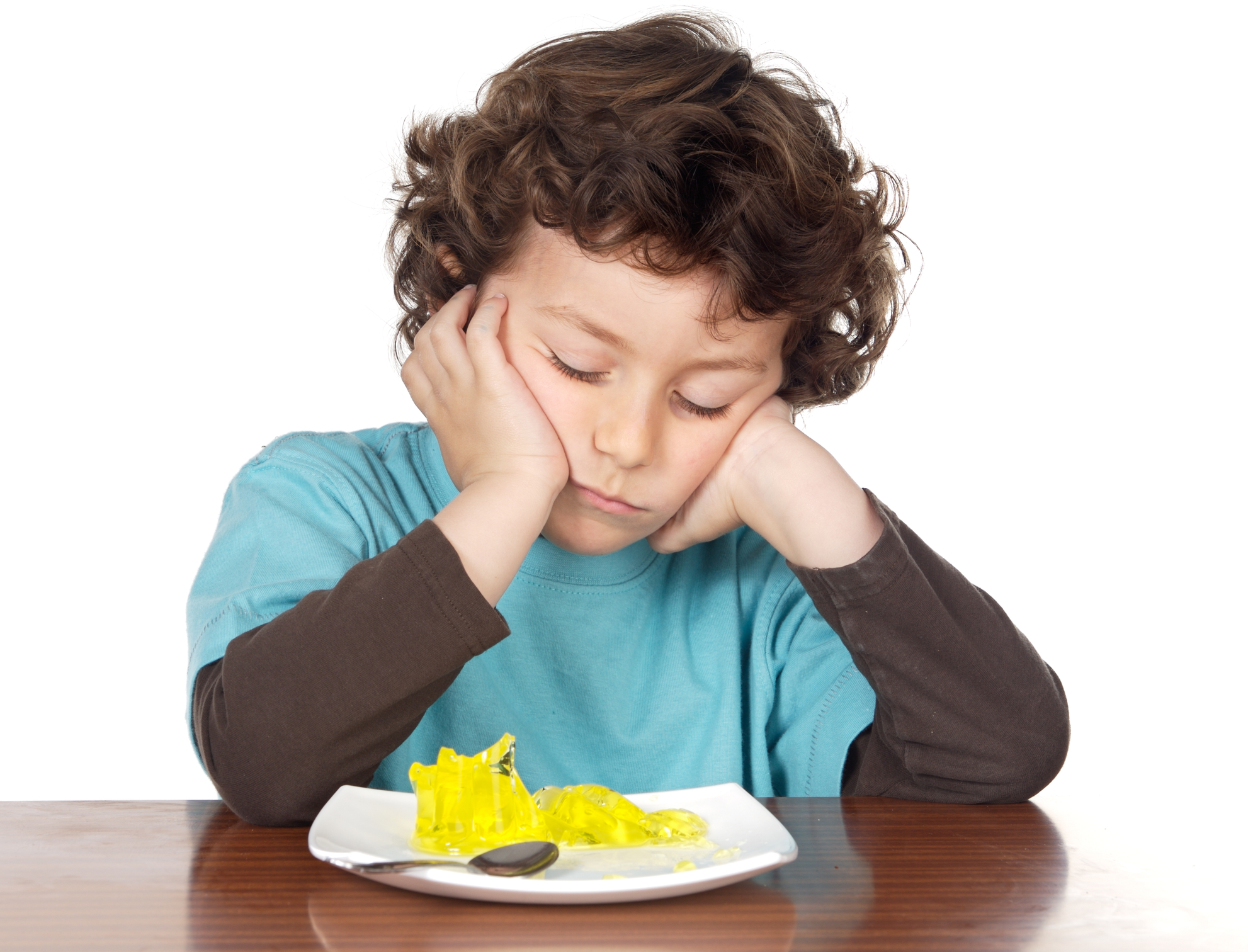
7. Set an example. If you are continuously snacking, your kids will want to as well.
8. Let your children have some input, this will give them a feeling of control and makes them probably more willing to co-operate. Ask them for ideas for their snack baskets for instance.
These are unusual circumstances that force us to make changes. Changes that also affect our children. And maybe, the positive changes will become habits that will last.
I’m very much aware that not all kids are the same, and that some of these tips won’t work for you and your family. I also know that many of us won't be able to afford certain foods because of dwindling finances. And let's not forget that unfortunately there are children in this country who rely on their school dinners, as there won't be much food at home. Let's hope the local authorities, family and friends will help them. I'm sure that we will all be doing the best we can.
Wishing you all good health. Stay safe.

